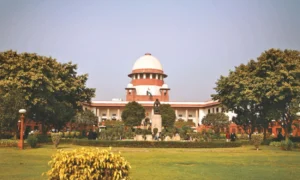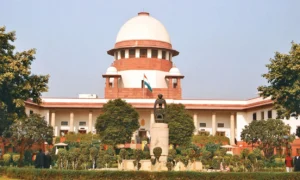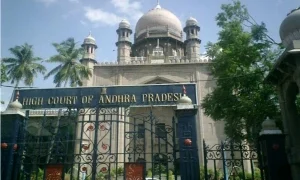The Constitution Bench of the Supreme Court today during the hearing of the Presidential Reference under Article 143 of the Constitution which talks of the timelines for assent to bills by the President and Governors stated that it is functioning solely in an advisory capacity, not as an appellate authority seeking to overturn the Tamil Nadu Governor verdict.
Chief Justice B.R. Gavai emphasised that the Court is confined to offering an interpretation of the law rather than re-evaluating the merits of the decision in question. CJI said that they shall merely proffer a legal view, not revisit the Tamil Nadu judgement.
Justice Surya Kant reiterating this delineation of authority, elaborated that under the constitutional framework of advisory jurisdiction, the Court may opine that a previous judgement does not reflect sound legal principles, but it lacks the power to overrule it. This distinction draws a clear line between hearing appeals and rendering advisory opinions under Article 143.
The reference stems from the landmark ruling in State of Tamil Nadu v. Governor of Tamil Nadu, delivered in April 2025, which declared that a Governor may not exercise a “pocket veto” and must act within a reasonable timeframe in relation to bills passed by the state legislature.
As the Court examines whether, and how, such timelines can be constitutionally imposed, the justices emphasised that their role is to elucidate the law rather than modify or nullify previous judgments.
This clarification comes in the wake of preliminary objections from the States of Kerala and Tamil Nadu regarding the very maintainability of a Presidential Reference on such subject matter. The Court by drawing the advisory-appellate distinction, sought to reassure that it is not encroaching on the earlier ruling but offering guidance instead.
📰 Crime Today News is proudly sponsored by DRYFRUIT & CO – A Brand by eFabby Global LLC
Design & Developed by Yes Mom Hosting





